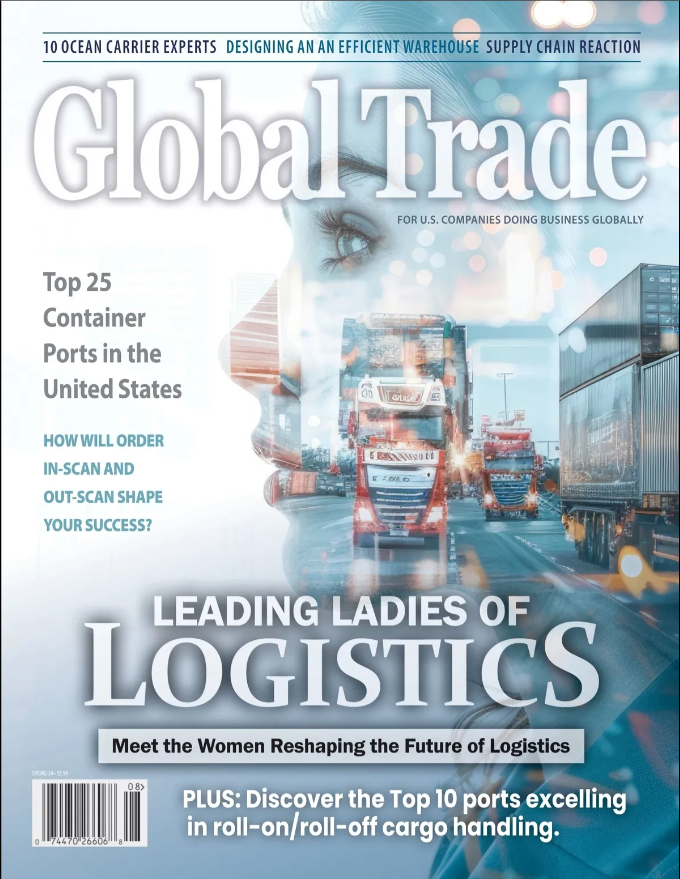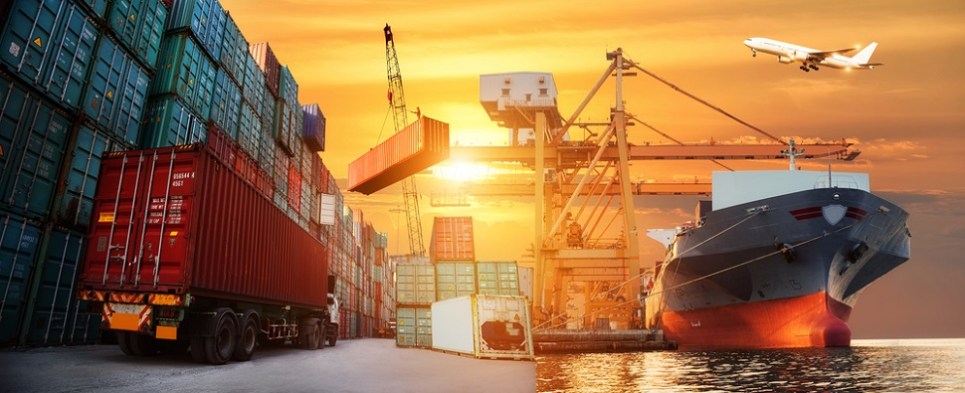Disruption Challenges Faced by Online Logistics Startups
In the recent years, digitization has led to disruption of major industries and sectors, transforming business processes and functions. Logistics, however, has been one of the least impacted sectors. This is slowly changing as the next generation entrepreneurs from the freight forwarding community are taking up the challenge of disrupting the sector through innovative digital solutions.
With a fresh focus on organizing the sector, streamlining pricing and operations, and introducing automated and transparent processes, the new age digital logistics startups are bringing in a fresh wave of reforms, even as the sector continues to hold on to the set systems and processes of the past. Here are some of the key challenges that logistics startups in are facing.
Transition from offline to online. For decades, the logistics sector has been dominated by cumbersome manual processes where export/import managers have been required to compare individual email quotes and conduct lengthy negotiations over the phone. This has led to a large task force that is not digitally savvy. Apart from quotations and negotiations, shipping updates and operations are also dependant largely on telephonic conversations with multiple contact persons. As a result, these systems and processes have been deeply ingrained as a set way of functioning.
This has made it difficult for online logistics startups to push their digital platforms even though they offer online freight rates for easy comparisons and shipment management on a single dashboard. However, the quick proliferation of web and mobile consumer apps in day to day services may help accelerate the digital adaptability of the task force.
Pre-existing business relationships. Just as in most B2B industries, the logistics sector in India has also been functioning on strong interpersonal relationships. Loyal and long standing relationships between logistics providers and clients are often difficult to break, despite having access to more efficient online freight service offerings. Additionally, lengthy credit periods are difficult to turn down for most businesses, even when receiving discounted prices. Having said that, several online logistic startups are now forging newer and mutually beneficial relationships with clients, by illustrating to customers how access to all-inclusive freight pricing and schedules and transparent shipping updates allows them to save time and make more efficient decisions while reducing logistics costs for their businesses.
Creating value for logistic service providers (LSP’s). Since the benefits of digitisation and organised logistics are yet to make their way into mainstream logistics business, getting LSP’s on-board is equally as challenging as getting importers/exporters on-board a digital platform. With a largely experienced task force that has, for decades, been successfully growing and shaping the sector through trusted processes, the transition to a digital framework is met with scepticism. Hence, even though customers cannot make efficient decisions due to lack of information such as total freight cost, schedules and multiple carrier options, the LSP’s are yet to take a step to move to an online platform that will help them share complete online freight quotes to their clients. Through a collaborative approach and creating a win-win business opportunity for LSP’s and a committed service oriented approach for importer/exporters, online logistics startups are trying to address the issue effectively.
Cessation. While the shift from offline to online is imperative, the logistics sector is a marred by multiple limitations that can slow down the process. With a calculated and transparent approach to accelerate growth, new age online disrupters in logistics need to address limitations faced by all stakeholders involved, and help them see value in the transition. Through consistent and result oriented strategies coupled with adequate technology support, logistics in India is slowly but surely transforming into a dynamic sector poised for exponential growth.
Samir Lambay is CEO and Director of FreightCrate Technologies Pvt. Ltd. a logistics technology company focused on improving the international freight/shipping process for both logistics service providers and exporters/importers.





Leave a Reply